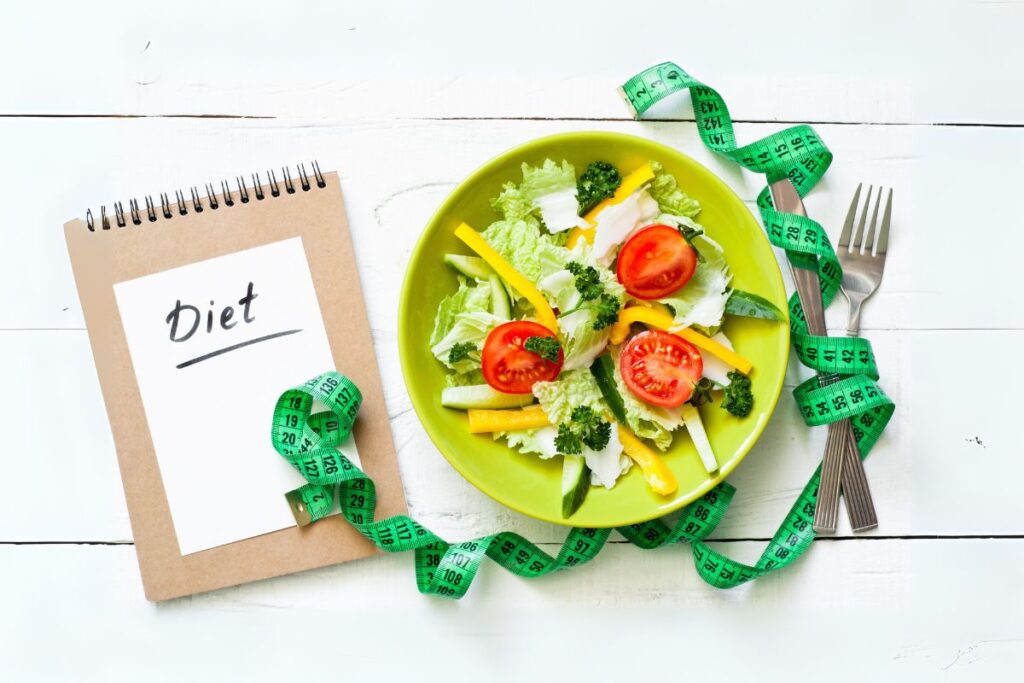“What should I eat during cancer treatment?”
With so many different diets being recommended on social media, it can be difficult to know what is scientifically sound. Some claim that certain foods can “cure” cancer, while others suggest that specific diets can drastically improve treatment outcomes. But what does the research say?
The Myth: A Special Cancer-Fighting Diet Can Cure Cancer
● You’ve likely encountered social media posts that claim a specific diet can cure cancer. From ketogenic diets to raw food regimens, the list is endless. But is there any solid research backing this up?
● A meta-analysis reviewed the impact of diet on cancer outcomes. The study found that while diet can influence cancer progression and recovery, there is no evidence that any diet can cure cancer. The analysis emphasized that nutrition can help manage treatment side effects and boost overall health, but no one food plan has been shown to cure cancer.
● Fact: A well-balanced, nutrient-dense diet full of whole grains, vegetables, fruits, and lean proteins supports health during cancer treatment but does not replace conventional therapies such as chemotherapy and surgery.
The Myth: Sugar Feeds Cancer and Makes It Spread
● A common myth circulating on social media is that sugar “feeds” cancer, causing it to spread more rapidly. This claim suggests that cutting out sugar entirely from the diet can “starve” cancer cells. But does this hold up scientifically?
● According to a review, there is no solid proof that sugar causes cancer to spread, even though cancer cells use glucose more often than healthy cells (a process called the Warburg effect). The review also emphasized that restricting sugar excessively could lead to malnutrition and weaken the body’s ability to tolerate treatment.
● Fact: While glucose is essential for cancer cell metabolism, studies indicate that glucose reduction through fasting has limited effects on tumor growth.
The Role of Autophagy in Cancer Treatment
● Autophagy is the body’s natural process of cleaning out damaged cells. Recent research has shown that autophagy can play both a protective and harmful role in cancer. In the early stages of cancer, autophagy helps prevent the accumulation of damaged cells, but in advanced stages, it may support tumor survival by providing nutrients under stress.
● A trial found that inhibiting autophagy during chemotherapy made cancer cells more sensitive to treatment, improving chemotherapy outcomes in animal models of breast and colon cancer.
● Fact: While autophagy may act as a protective mechanism in the early stages, inhibiting autophagy during chemotherapy can increase treatment effectiveness.
FAQs: Cancer Diets and Nutrition
Is there a specific diet to cure cancer?
No, no diet can cure cancer. A balanced, nutrient-rich diet helps your body stay strong during treatment.
Does sugar cause cancer to spread?
No, sugar does not directly cause cancer to grow or spread. A balanced diet is key.
Can a cancer diet help me feel better?
Yes, a healthy diet full of nutritious meals can improve energy levels, manage side effects like nausea and fatigue, and support your immune function.
Is the ketogenic diet good for cancer patients?
While some studies suggest potential benefits, it is not a cure for cancer. Always consult your oncologist before starting a restrictive diet.
Should I take supplements during cancer treatment?
Before taking any supplements, speak with your doctor because some of these can interfere with cancer treatment.
How HealthPil Can Help:
At HealthPil, we connect you with expert oncologists and dietitians who specialize in cancer care. We help guide you in creating a balanced and personalized diet plan to support your recovery during treatment.
Disclaimer:
The information provided here is for educational purposes only and should not be used as a substitute for professional medical advice, diagnosis, or treatment. Always consult your healthcare provider for medical advice tailored to your specific condition.

